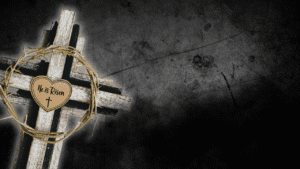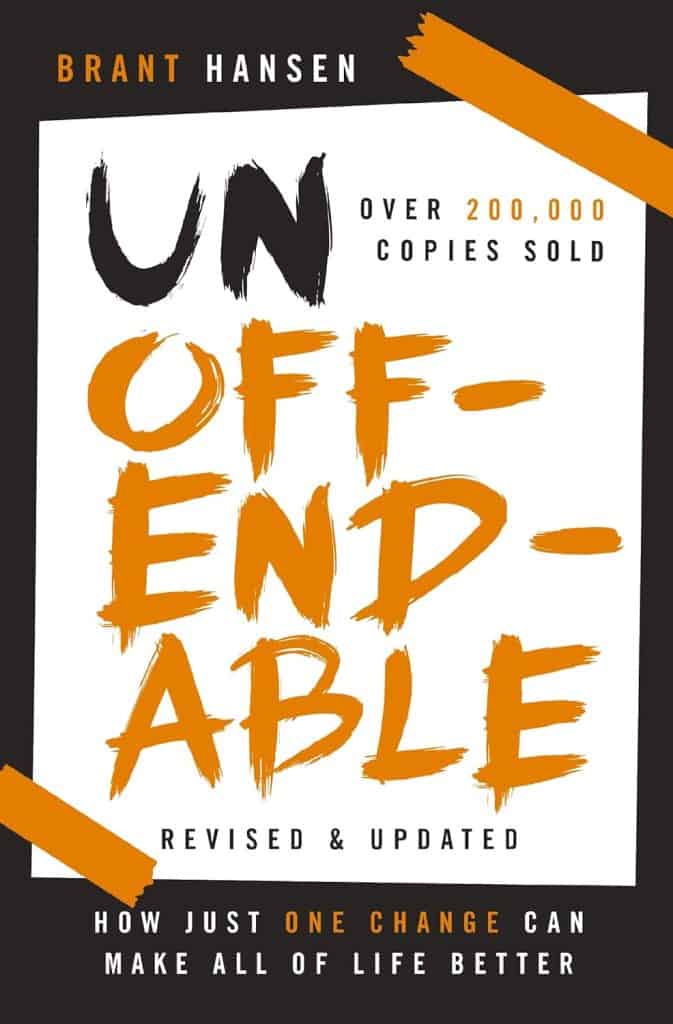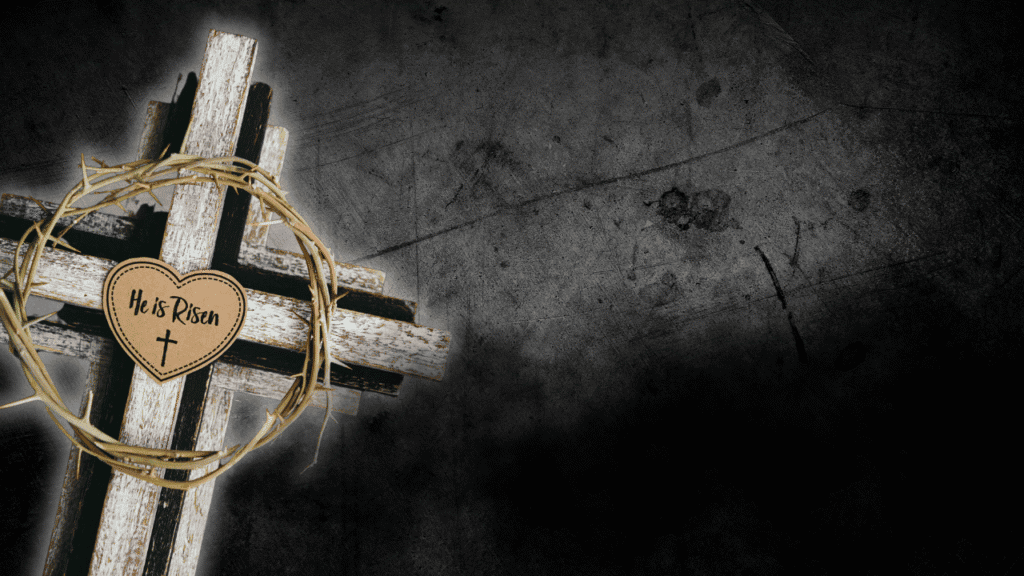In a significant move announced on Thursday, the Catholic Church in Portugal has pledged to provide financial compensation to victims of child sexual abuse within its ranks. T
he decision, however, has sparked controversy as compensation amounts will be determined on a case-by-case basis, drawing criticism from survivors’ groups.
The decision was reached during a gathering of Portugal’s Bishops’ Conference (CEP) at the renowned Shrine of Fatima, following days of deliberation on various issues.
This pivotal decision comes in the wake of a damning report released in February 2023 by a Church-funded commission, revealing that a staggering 4,815 minors had suffered sexual abuse at the hands of clergy, predominantly priests, over a span of seven decades.
Commission head Pedro Strecht, cautioning that the findings were just the “tip of the iceberg,” further disclosed that over 100 priests suspected of such abuse were still actively serving within the Church.
While the Church had previously announced measures to address child sexual abuse in the aftermath of the report’s release, it faced considerable backlash for not implementing stricter protocols.
Bishop Jose Ornelas, head of CEP, announced the unanimous approval of compensation for victims during the assembly, with the process slated to commence from June to December of this year. Notably, 21 individuals have already sought compensation.
Ornelas revealed that a dedicated committee would evaluate each case individually to determine the compensation amount, utilizing a newly established CEP fund for disbursements. However, the criteria for assessment are still under development, with no maximum compensation cap established. The severity of each case will reportedly be a key consideration.
The decision to adopt a case-by-case approach has drawn sharp criticism from survivors’ groups, including Coracao Silenciado (Silenced Heart), co-founded by Antonio Grosso. Grosso expressed skepticism over the methodology, asserting that all victims should receive equitable compensation without subjecting them to further scrutiny of their suffering.
Moreover, Grosso urged the Church to proactively reach out to victims instead of passively awaiting compensation requests, deeming the latter approach as dismissive and indicative of a lack of empathy.
This development unfolds against a backdrop of sexual abuse scandals that have rocked the Catholic Church globally, with countries like the United States, Ireland, and France grappling with similar issues. In a neighboring country, Spain, the Church recently announced a shift in its stance, agreeing to compensate victims even in cases where the accused priests have passed away.
Ornelas clarified that compensation would also extend to Portuguese victims whose accused perpetrators are deceased.










![[Book Review] What Happens One Minute After You Die?](https://christpulse.com/wp-content/uploads/2025/01/81sNS-qeKPL._SL1500_-662x1024.jpg)
![Humility: The Journey Toward Holiness [Book Review]](https://christpulse.com/wp-content/uploads/2024/11/519yzs2wSrL._SL1360_-731x1024.jpg)








Leave a Comment